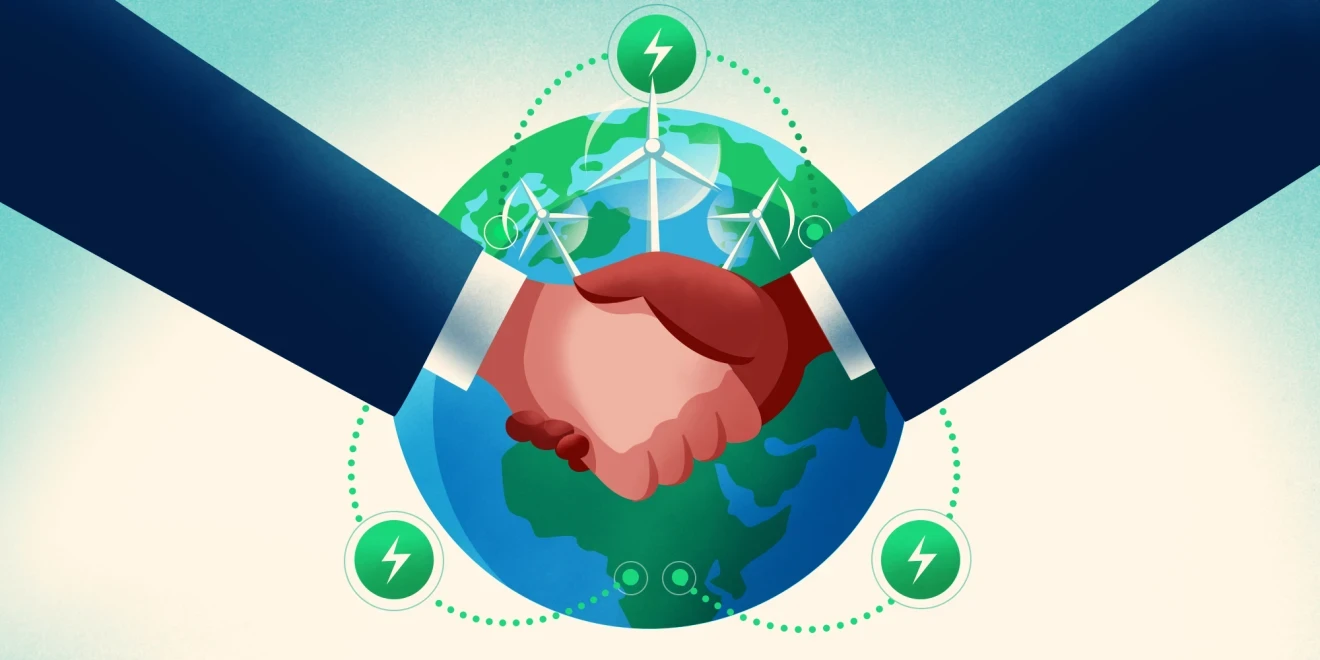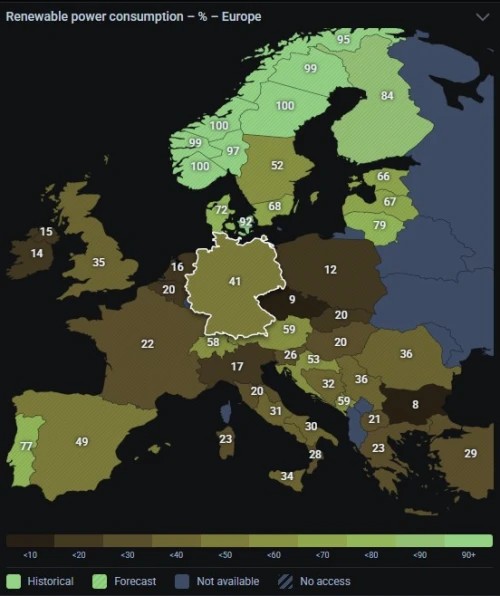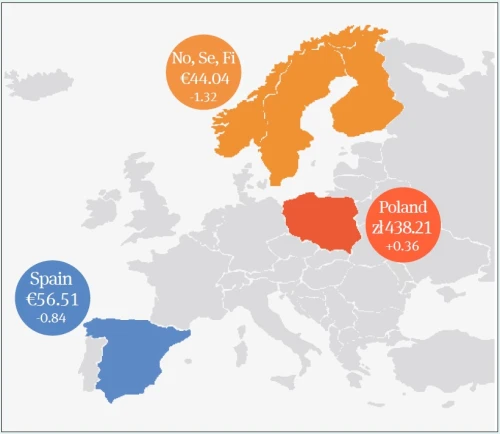Are cross-border PPAs worth the risk?
Floris Greebe, Senior Energy Market Expert at Montel, weighs up the pros and cons of signing multi-country PPAs.


Graphic: Montel Analytics

Graphic: QWatt/Montel
Looking for PPA benchmarks?
Floris Greebe, Senior Energy Market Expert at Montel, weighs up the pros and cons of signing multi-country PPAs.



Looking for PPA benchmarks?